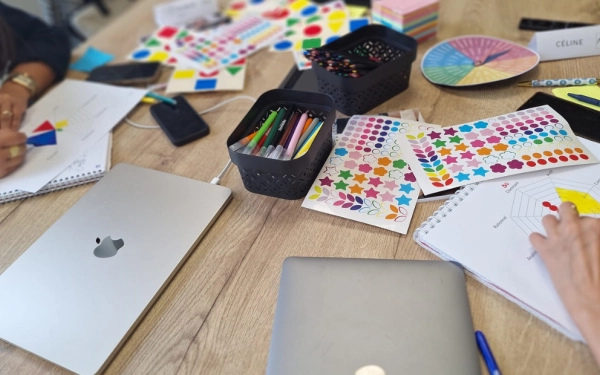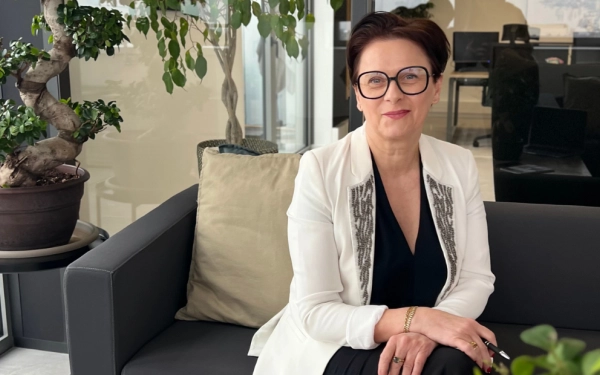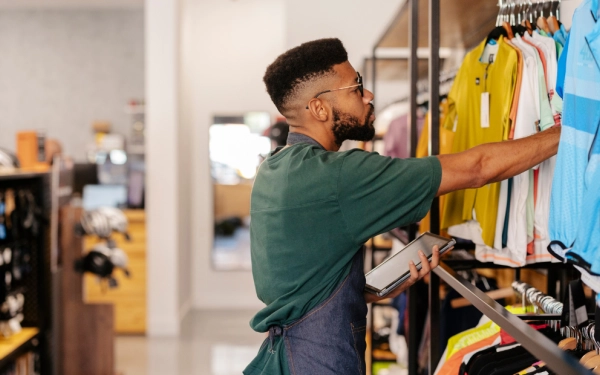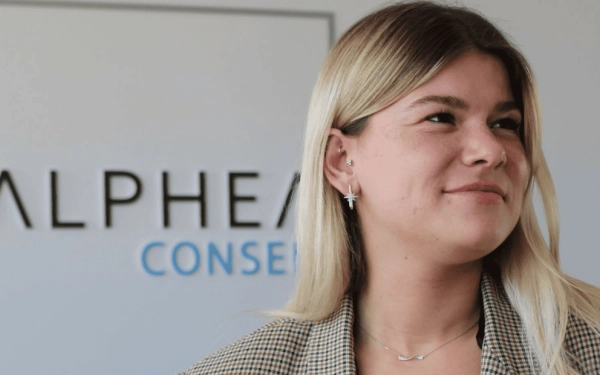14 "citizen" applications from the food industry
.png)
For the past 30 years, there has been one food and health scandal after another, and studies on the harmful health consequences of additives are increasingly numerous. In the age of globalization and the Internet, transparency can only be claimed. Between composition and origin, more and more consumers want to know. We've entered the age of green washing, and the food industry has not been spared. This is what we've been able to observe during our discussions and interventions with our customers in several industrial groups in the agri-food.
The contents of our plates put to the test: the explosion of food-scanning
.Food coaching apps are multiplying, and with them the consumer is regaining power. One in 6 French people say they use one of them to do their shopping. You may not know it, but most of these apps use the free and collaborative database Open food facts.
First are those that provide information on the nutritional value of what you're buying. The most popular is Yuka. Its strong point is that it provides information on the dangerousness of additives. With the app Kwalito, we are offered an individualized offer, with the option of selecting precise diets. Ten diets are currently predefined. What's more, the app works without a network, which is very practical in supermarkets. UFC que choisir has announced the forthcoming release of its own app (which already exists for cosmetics).
A new trend is emerging, that of nutritional apps that claim an ethical, societal and environmental dimension, such as Buyornot, or Greencode.
Ripost from the food industry
The big industrial groups have jumped on the bandwagon, but the shares are there. There's talk of food transition at Carrefour, responsible consumption at Leclerc, sustainable development at Intermarché, development of the circular economy at Auchan. Whatever the term, the same observation is shared: consumers prefer to buy less but better.
In September 2018, Les magasins U launched the app Ya quoi dedans. Last September Intermarché announced that it would be modifying the composition of 900 products and removing 142 additives from their branded products. The Carrefour group launched its program Act for food. The entire industry is concerned. ANIA (the national association of food industries) has also jumped on the bandwagon and is working on an application Num alim, which would offer the same services (but voices are already accusing it of being judge and jury...)
What about the state in all this ? After the failure of the mandatory mention of the Nutriscore on packaging, it is not to be outdone. In 2017, in the wake of the Etats généraux de l'Alimentation, it launched the app Alim Confiance.
Have we really entered a collaborative food industry/consumer era? The recent interview with Yuka co-founder on the set of Quotidien suggests so. The app Kwalito proposes a partnership to distributors, Too good to go collaborates with retailers, Scan Up invites brands to co-create with consumers. Synergies are emerging, hands are outstretched and the work ahead is immense...
In any case, the sector is in full effervescence and initiatives are legion with today a new priority: anti-gaspi.
Alphéa Conseil is recruiting:

.png)

Also read:
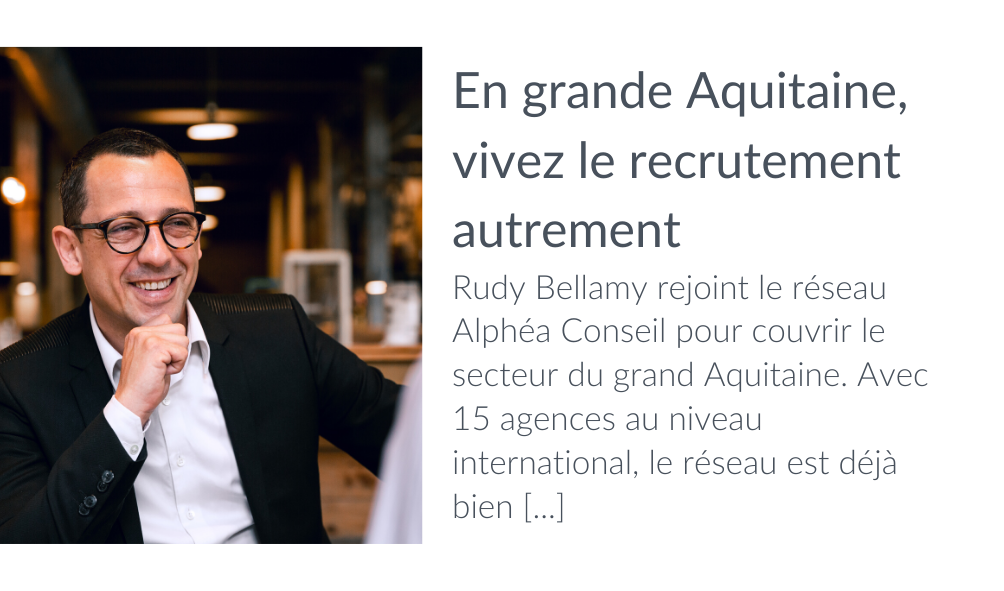
.png)
.png)
Eager to be notified of a new publication?
Follow us on:
